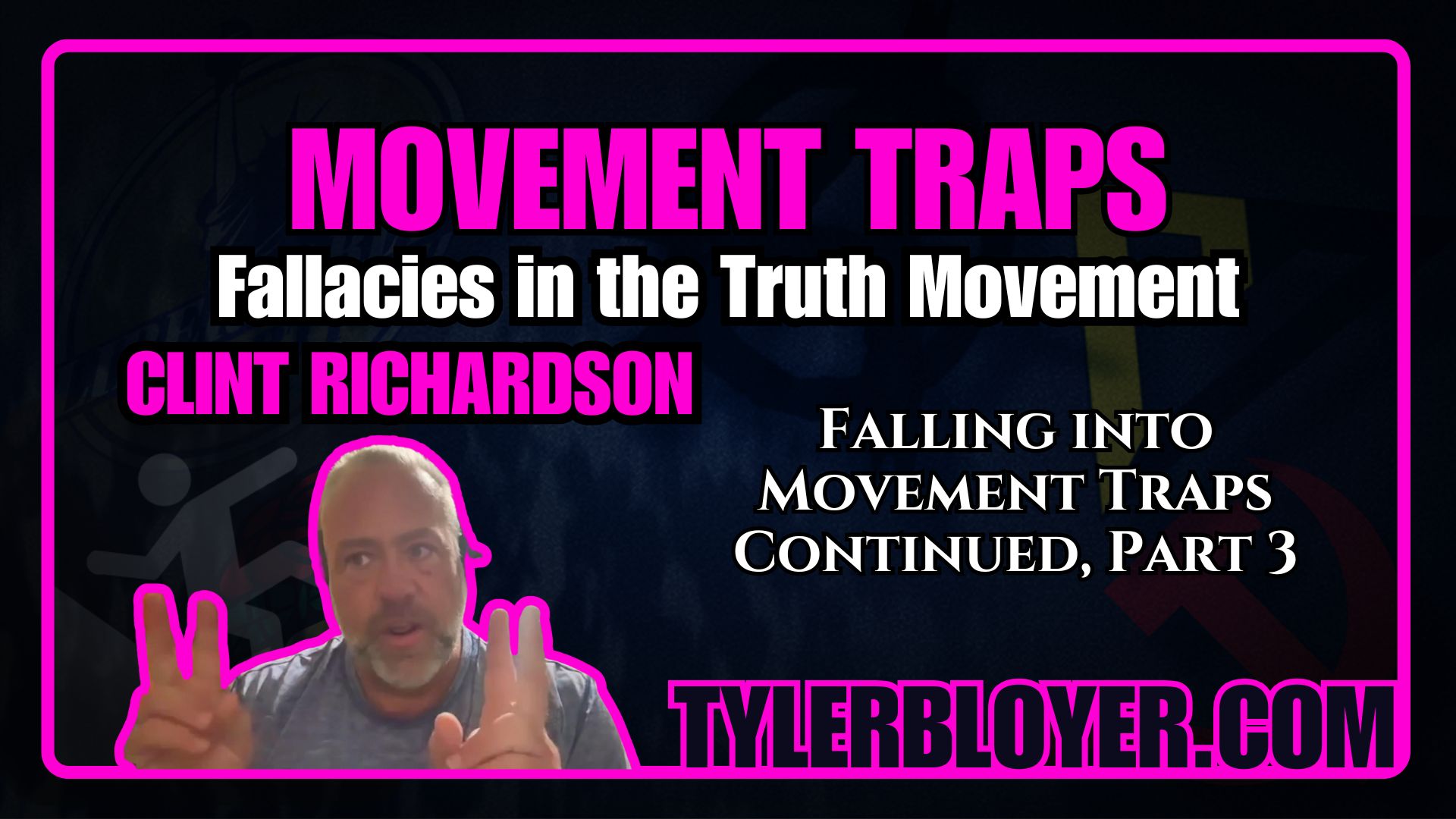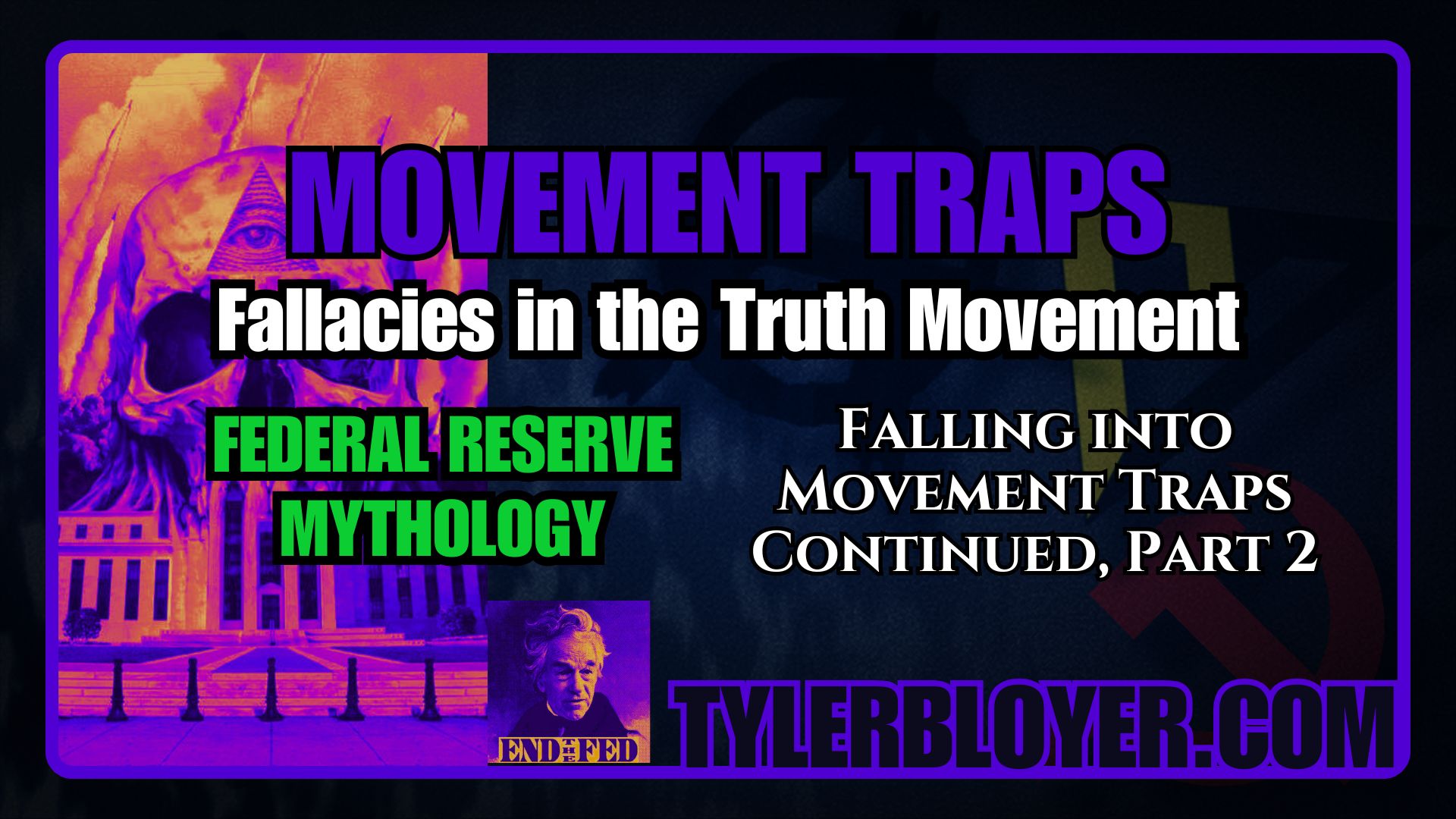Anarchy – The Source of the Legal Matrix
Podcast: Play in new window | Download
Subscribe to Audio version: Apple Podcasts | Spotify | Amazon Music | Android | iHeartRadio | Podcast Index | TuneIn | Deezer | RSS | More
In this video, I talk about how anarchy is the source of the legal matrix.
Resources:
ANARCHY – [ˈanərkē ] – Noun. A state of disorder due to absence or nonrecognition of authority: “he must ensure public order in a country threatened with anarchy.” Absence of government and absolute freedom of the individual, regarded as a political ideal. Synonyms: lawlessness, nihilism, mobocracy, revolution, insurrection. Antonyms: government, order.
–Oxford Dictionaries · © Oxford University Press
From Merriam Webster’s modern dictionary:
ANARCHY – A situation of confusion and wild behavior in which the people in a country, group, organization, etc., are not controlled by rules or laws. 1a: Absence of government. 1b: A state of lawlessness or political disorder due to the absence of governmental authority. 1c: A utopian society of individuals who enjoy complete freedom without government. 2a: Absence or denial of any authority or established order. 2b: Absence of order: disorder – not manicured plots but a wild anarchy of nature — Israel Shenker> 3: Anarchism.
Examples of ANARCHY:
Anarchy reigned in the empire’s remote provinces.
When the teacher was absent, there was anarchy in the classroom.
Its immigration policies in the last five years have become the envy of those in the West who see in all but the most restrictive laws the specter of terrorism and social anarchy. —Caroline Moorehead, New York Review of Books, 16 Nov. 2006
Origin of ANARCHY: Medieval Latin anarchia, from Greek, from anarchoshaving no ruler, from an- + archos ruler — more at arch-.First Known Use: 1539
Related to ANARCHY: Synonyms: Lawlessness, misrule.
Here is the result of a word search of “anarchy” from the etymology online website (http://etymonline.com/)
ANARCHY – 1530s, from French anarchie or directly from Medieval Latin anarchia, from Greek anarkhia “lack of a leader, the state of people without a government” (in Athens, used of the Year of Thirty Tyrants, 404 B.C., when there was no archon), noun of state from anarkhos “rulerless,” from an- “without” (see an- (1)) + arkhos “leader” (see archon). Either the State for ever, crushing individual and local life, taking over in all fields of human activity, bringing with it its wars and its domestic struggles for power, its palace revolutions which only replace one tyrant by another, and inevitably at the end of this development there is … death! Or the destruction of States, and new life starting again in thousands of centers on the principle of the lively initiative of the individual and groups and that of free agreement. The choice lies with you! [Prince Peter Kropotkin (1842-1921)]
ANARCH – “leader of leaderlessness,” 1660s, a deliciously paradoxical word used by Milton, Pope, Byron; see anarchy.
ANARCHIST – (noun) 1670’s; see anarchy + -ist. The word got a boost into modernity from the French Revolution.
ANARCHISM – (noun) 1640’s; see anarchy + -ism.
ANARCHISTIC – (Adjective) 1845; see anarchy + -istic. Also see anarchic. Related: Anarchistically.
ANARCHIC – (Adjective) 1755, chaotic, without order or rule,” from Greek anarkhos “without head or chief” (see anarchy) + -ic. anarchistic (1845) which tends to refer to the political philosophy of anarchism. An older word in this sense was anarchical (1590s). Anarchial is from 1710; Landor used anarchal (1824).

To subscribe to updates please enter your email address below:
Links:
Minds – Steemit – Dtube – Bitchute – Facebook – Youtube
Find me:




